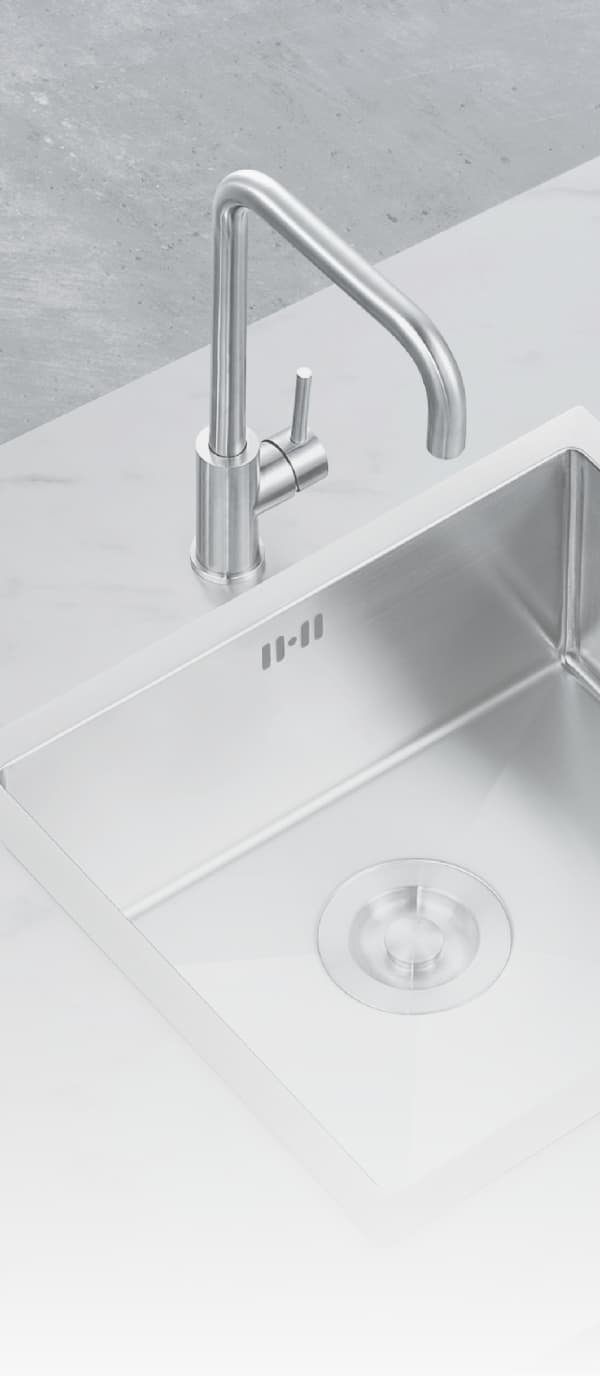News
Home | News

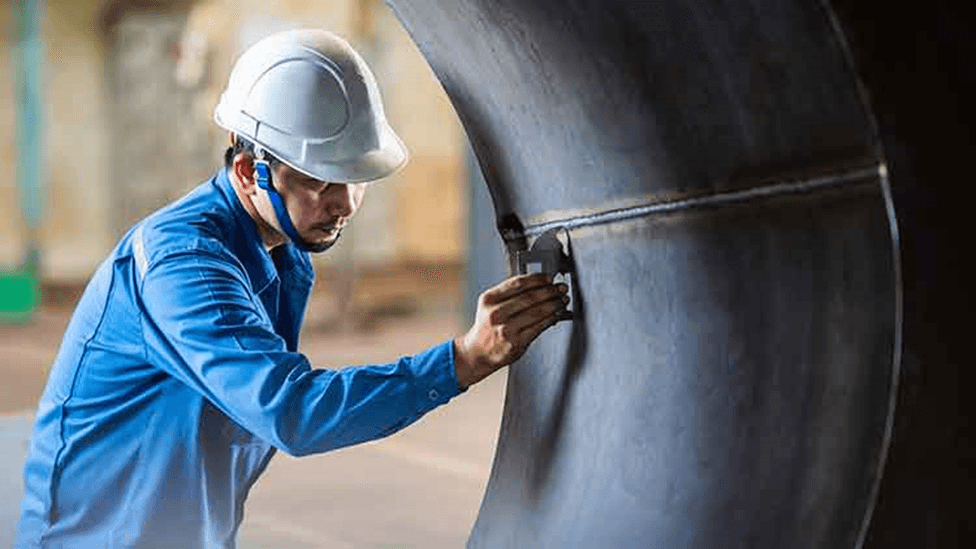
ICurrently, for mechanical industry enterprises to achieve sustainable development and profitability, in addition to solutions such as improving efficiency and enhancing product quality, reducing waste in the production process is also being focused on by many entities. In the following article, let’s explore 7 types of waste in manufacturing and effective ways to minimize waste in the mechanical industry together with TPS.

1. Inventory
Inventory waste includes all stages and actions that do not bring any value to customers or businesses. Currently, this is seen as an unavoidable issue in the manufacturing activities of enterprises. Based on the LEAN Manufacturing model, here are 7 common types of waste in manufacturing:
- Inventory
- Transportation
- Motion
- Waiting
- Overproduction
- Overprocessing
- Defect
2. Transportation
Transportation waste typically occurs when finished products are transported between workshops or directly to the market. However, during transportation, enterprises may encounter issues such as delays or vehicle breakdowns, resulting in cost and time losses. In the mechanical industry, the main reasons for transportation waste are:
- Long-distance transportation
- Poor layout of mechanical factory premises and warehouses
- Operational issues in mechanical industry enterprises
3. Motion
Motion waste in manufacturing includes unnecessary actions, movements, and tasks of workers. In practice, these redundant activities slow down the production line, resulting in wasted time, energy, and labor productivity. In the mechanical industry, the main causes of motion waste are:
- Poor division of labor
- Suboptimal production line layout
- Redundant activities in mechanical workshop operations
To reduce motion waste in the mechanical industry, many enterprises are implementing measures such as deploying automation equipment, optimizing production processes, employing skilled labor, and improving training and personnel allocation.
4. Waiting
Waiting waste refers to the time spent waiting for tasks such as preparing materials, labor, machine downtimes, product fabrication, and sales. This is a common waste type in factory operations. In the mechanical industry, frequent causes of waiting waste include:
- Machinery breakdown during operation
- Lack of materials or delayed transportation for mechanical production activities
To address waiting waste, companies often focus on maintaining machinery and equipment, implementing smart warehouse management technologies, and planning detailed production schedules.
5. Overproduction
Overproduction is a fundamental type of waste that directly affects the operation and business of companies. Simply put, overproduction involves manufacturing unnecessary products beyond market demand or orders from partners. In the mechanical industry, the main reasons for overproduction are:
- Production without orders
- Lack of specific production quantity plans
To minimize overproduction, mechanical industry enterprises are beginning to implement solutions such as timely production methods, detailed planning of the quantity of products to be manufactured, and streamlining production processes.
6. Overprocessing
Overprocessing in manufacturing includes issues that cause waste such as using more complex components than required, processing with quality exceeding requirements, polishing surfaces unnecessarily, etc. In practice, overprocessing consumes labor and equipment resources inefficiently, disrupts company production processes, and reduces work efficiency. The main causes of overprocessing waste in the mechanical industry are:
- Lack of control in mechanical production processes
- Lack of regular inspection and maintenance of machinery
- Lack of quality inspection systems for mechanical products
To reduce overprocessing waste in mechanical manufacturing, companies often implement measures such as implementing quality control activities, guiding work processes, standardizing operations, etc.
7. Defects
Defect waste refers to any errors or flaws in products or services that fail to meet customer or partner requirements. In practice, defects in the production process lead to increased production costs, inaccurate product information, delayed deliveries, production of products not meeting specifications, excessive use of raw materials, or unnecessary waste generation. In the mechanical industry, the main causes of waste due to defects are:
- Defects due to labor errors
- Machinery and equipment breakdowns leading to mechanical products of inadequate quality
To minimize waste due to defects, mechanical industry enterprises are focusing on investing in and implementing solutions such as managing and supervising mechanical production processes, establishing standard processes, and using quality inspection systems for mechanical products.
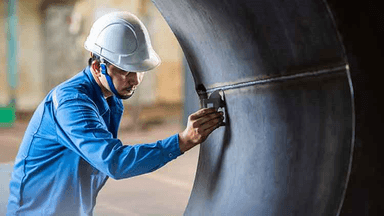
7 types of waste in manufact...
ICurrently, for mechanical industry enterprises to achieve sustaina...
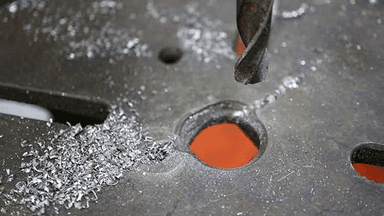
Environmental pollution in m...
In recent years, the Vietnamese government has actively directed th...
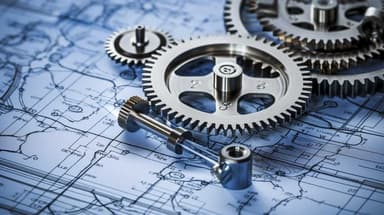
3 Criteria for assessing the...
Using quality mechanical processing products not only helps improve...
